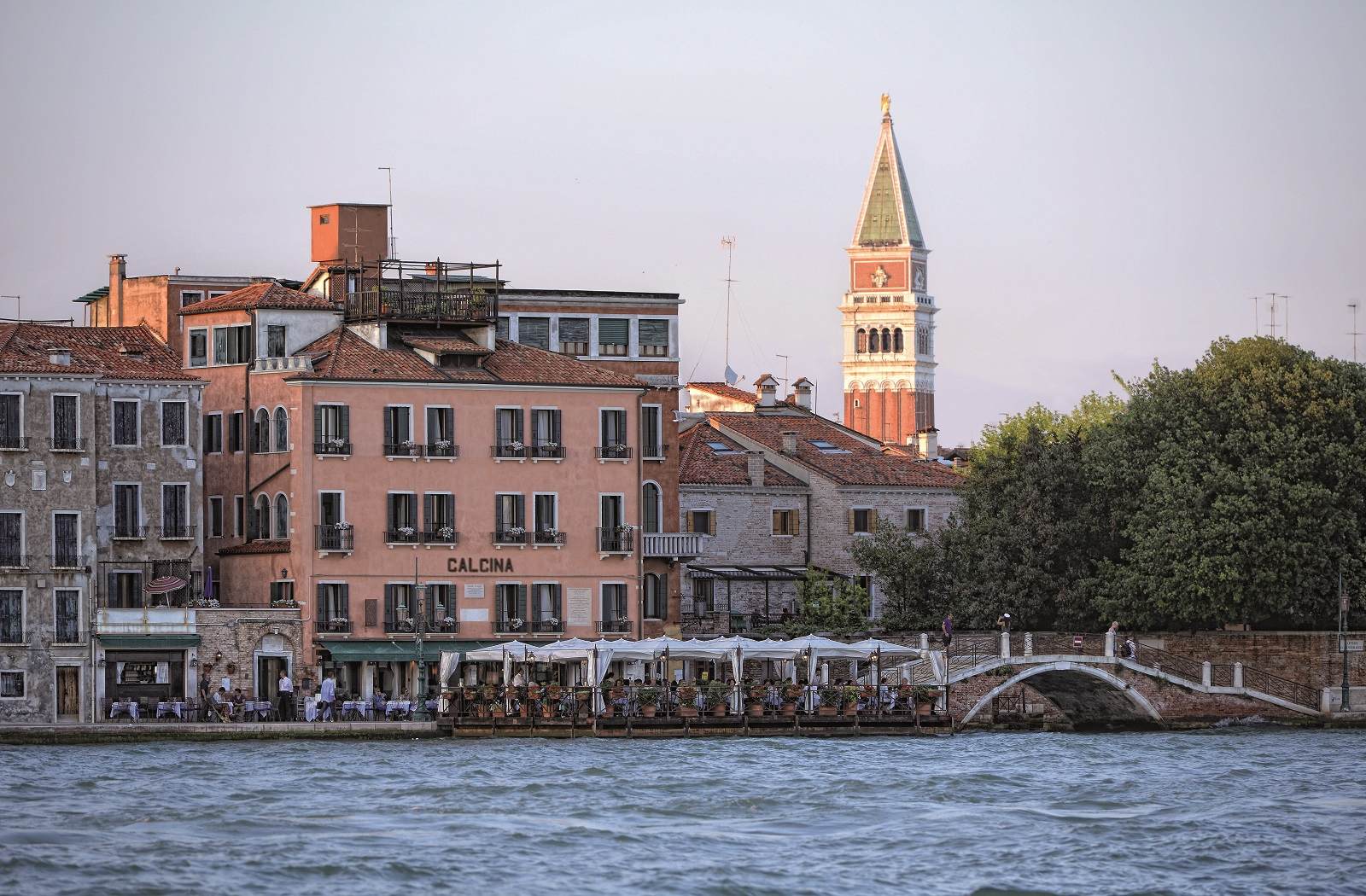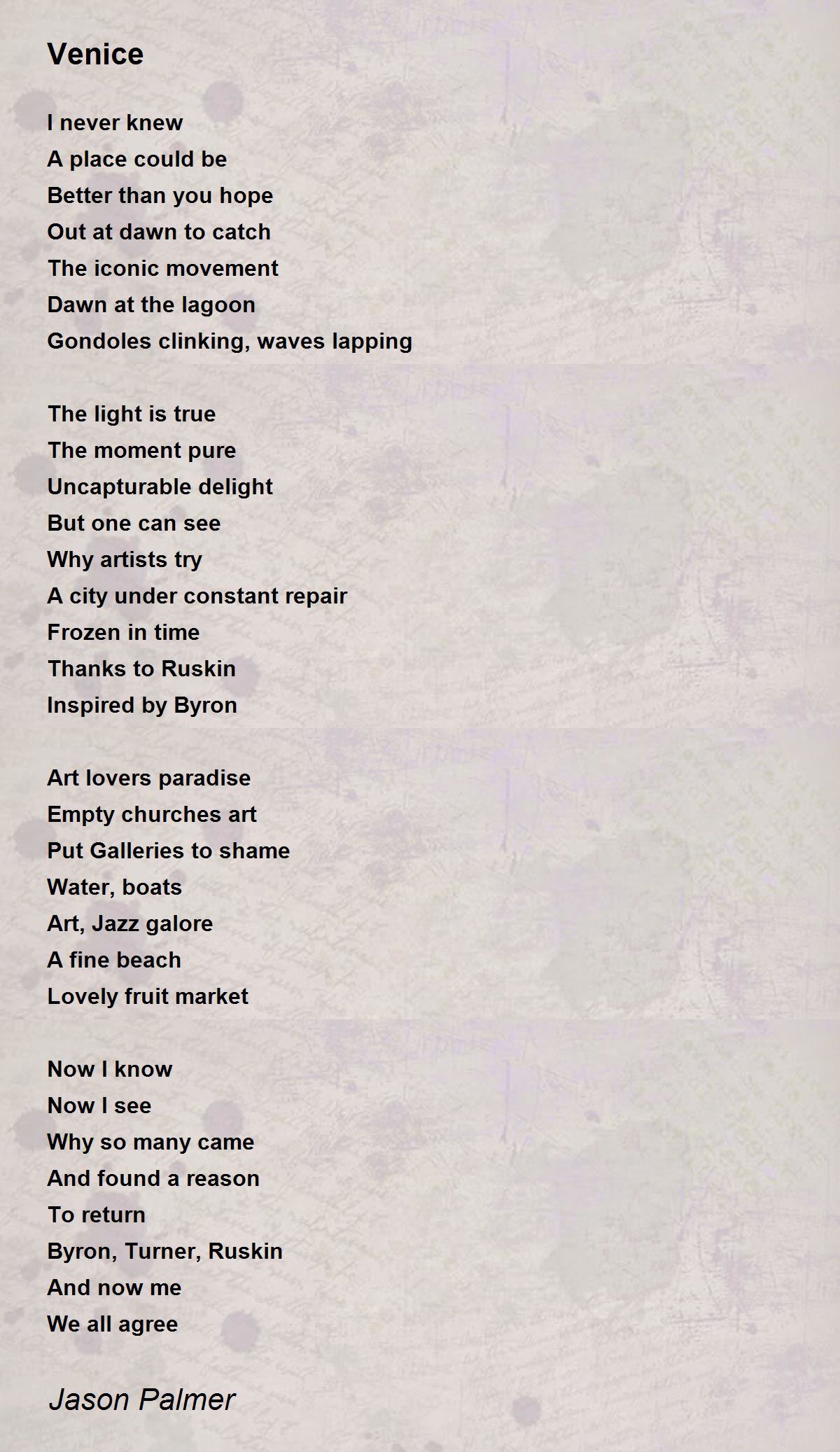This being the bi-centenary of John Ruskin's birth - his years almost exactly coincided with Queen Victoria's - the Friends of Ruskin Park, located right next door to Kings College Hospital, in Camberwell, have organised a number of commemorative events, including an exhibition in the Herne Hill Carnegie Library. Today's event was a guided walk through Ruskin Park to the sites of the two homes where Ruskin lived, at the start of his life and towards the end, led by the excellent Jon Newman, who has written several books on the district including one of the River Effra.
We learned that a puritanical sheltered upbringing helped to predispose Ruskin to a dislike for the Victorian London he saw spreading around him, which on the one hand could be seen as nimbyism par excellence, but on the other hand as an aesthete's disdain for what he saw as cheapened quality and workmanship, appalment at the deskilling brought about by mass production methods, and fears about the destruction of the natural environment, chiming in with present-day concerns.
The walk ended at the place where the second of Ruskin's homes in Herne Hill had been, since the 1950s a row of council flats lining Denmark Hill on its eastern side, where we learned he and his family kept a cellar full of fine wines and sherries with the Domecq label. Whereupon a lady figure floated into view from across the street, bearing a trayful of mini measures of a pale sherry, which were handed to all present - a delightful and most unexpected conclusion to a fairly exhausting hour and a half walk in the hot sunshine!
We learned that a puritanical sheltered upbringing helped to predispose Ruskin to a dislike for the Victorian London he saw spreading around him, which on the one hand could be seen as nimbyism par excellence, but on the other hand as an aesthete's disdain for what he saw as cheapened quality and workmanship, appalment at the deskilling brought about by mass production methods, and fears about the destruction of the natural environment, chiming in with present-day concerns.
The walk ended at the place where the second of Ruskin's homes in Herne Hill had been, since the 1950s a row of council flats lining Denmark Hill on its eastern side, where we learned he and his family kept a cellar full of fine wines and sherries with the Domecq label. Whereupon a lady figure floated into view from across the street, bearing a trayful of mini measures of a pale sherry, which were handed to all present - a delightful and most unexpected conclusion to a fairly exhausting hour and a half walk in the hot sunshine!







Comment